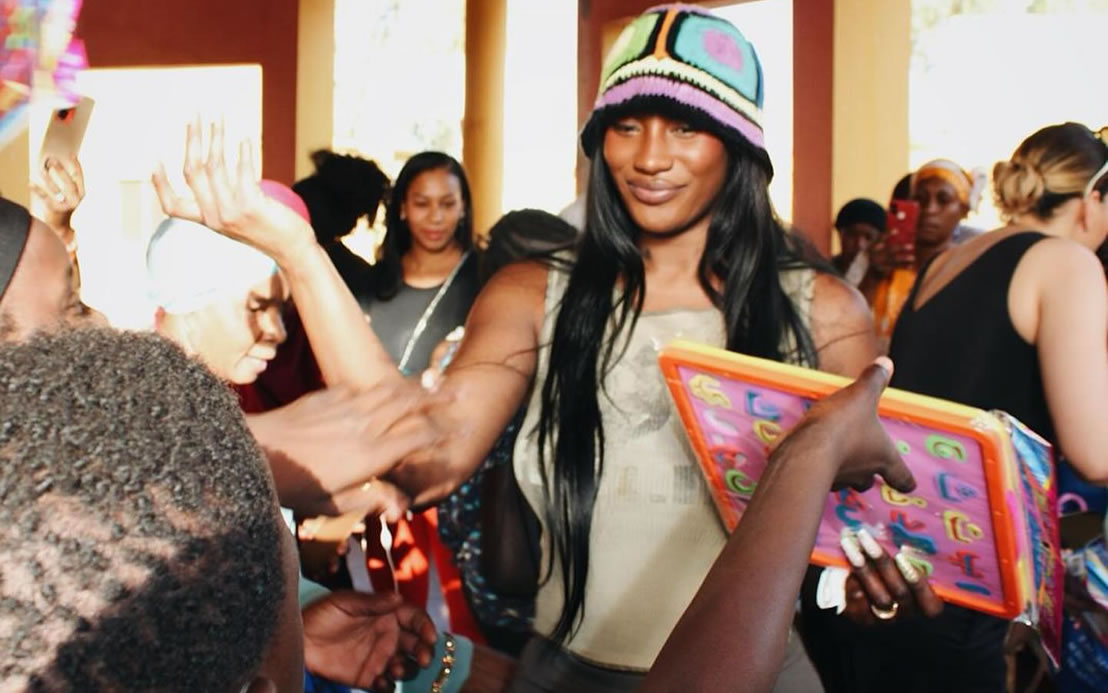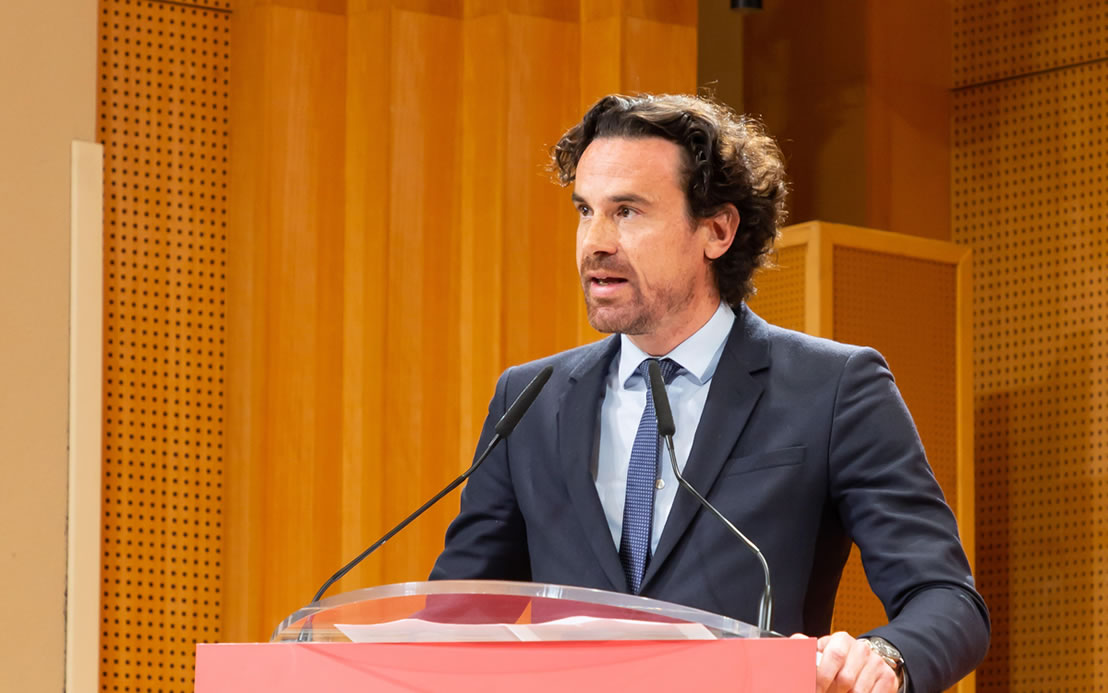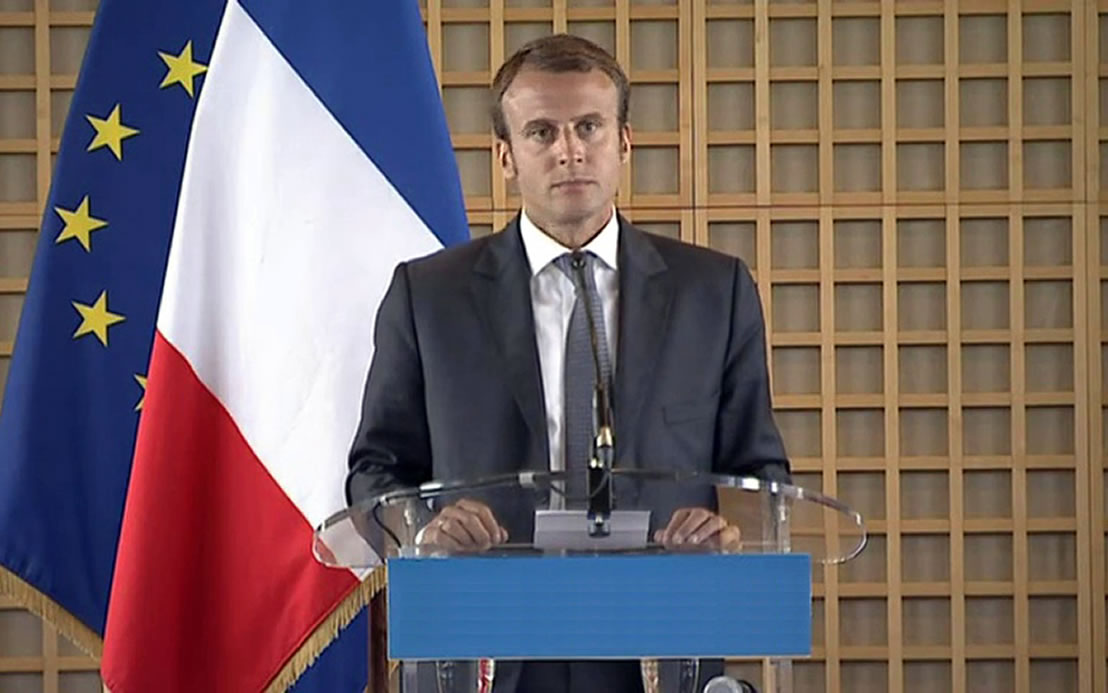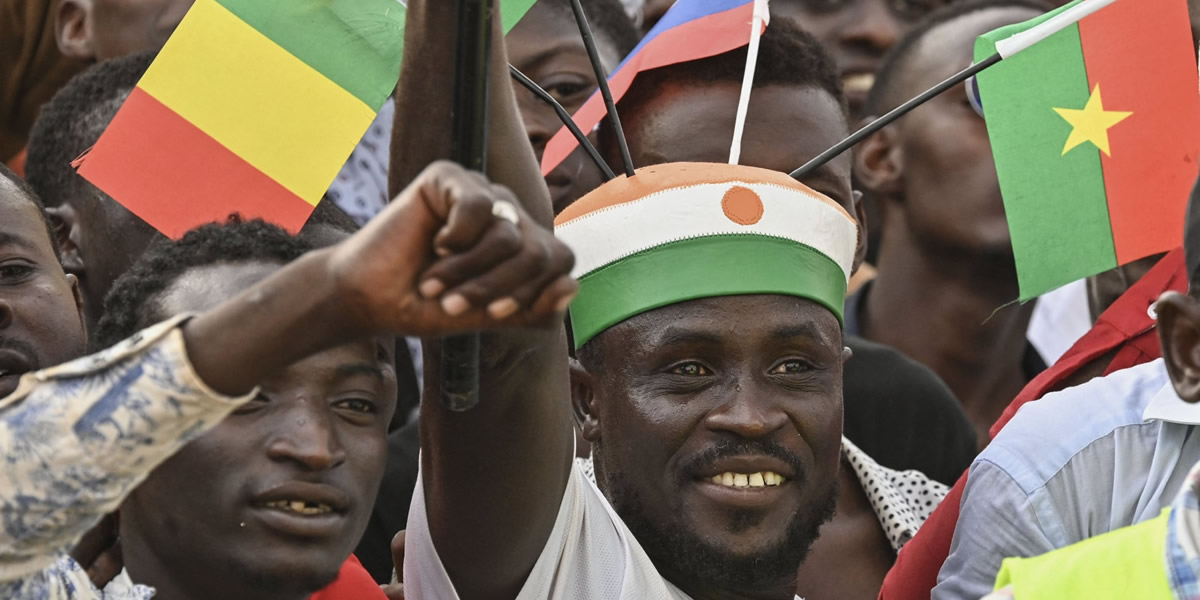Rumours of French pop sensation Aya Nakamura performing at the Paris Olympics have ignited a national debate highlighting tensions around race and representation in France. The controversy underscores the rise of the far right and raises broader questions about France's ability to embrace its diverse cultural identity.
Nakamura's success is undeniable. Her hit "Djadja" boasts close to a billion YouTube streams, and she's the most popular French female artist since Édith Piaf. A proud face of France's often-neglected suburbs, she represents the multicultural heart of the nation.
Yet, her potential Olympic performance triggered backlash from the far right. The mere suggestion she could represent France sparked a wave of vitriol, including explicitly racist attacks. These attacks have sparked outrage, with many, including government ministers, defending the beloved star.
"Racism, pure and simple" says music journalist Olivier Cachin. "You can be racist but not deaf."
Aya Nakamura: Victim of Racism?
The controversy has seen extremists like "The Natives" group targeting Nakamura with crude, racially-charged messages. Even far-right presidential candidate Eric Zemmour ranted against the singer. Conservatives in the Senate have also criticized her work using thinly veiled, classist criticisms.
In response, Nakamura simply wrote on social media, "What do I really owe you? Nada."
Her supporters, including the Olympics' organizing committee, have rallied behind her, denouncing the racist abuse. France's Sports and Culture Ministers have also spoken out for her.
Beyond the Music: Racial Identity & Representation
Analysts like Karim Hammou and Marie Sonnette-Manouguian see this backlash as a part of a broader strategy by the far-right to exploit cultural events for their agenda. They argue the real issue is France's unresolved tensions with its diverse population and its history of colonialism.
"It's telling," says Bettina Ghio, specialist in French rap language, "that the far-right can't imagine a non-white person representing France, let alone reinterpreting a white artist's work."















